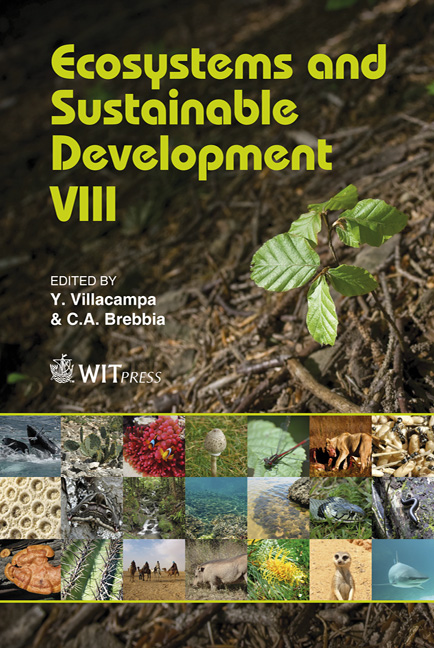Energy Efficiency In South Africa: Policy Perspectives And The Path To Low Carbon Growth
Price
Free (open access)
Transaction
Volume
144
Pages
13
Page Range
389 - 401
Published
2011
Size
2557 kb
Paper DOI
10.2495/ECO110341
Copyright
WIT Press
Author(s)
G. Nhamo & A. Bimha
Abstract
Energy efficiency is becoming one of the key paths to transforming the South African economy into low carbon growth. This vision has been accepted by both the government and business community. To this end, the White Paper on Energy, National Energy Efficiency Strategy of 2005 (revised 2008), Energy Efficiency Accord and the National Climate Change Response Green Paper are among key policy documents. The Energy Efficiency Strategy spelt out a target of a national final energy demand reduction of 12% by 2015. Industry and Government agreed that the Energy Efficiency Strategy should be reviewed in three-year cycles. This paper reviews and assesses the energy efficiency policy landscape in South Africa and how this is assisting the nation to transform into a globally recognised low carbon economy. We conclude that South Africa is progressing well in terms of putting in place new as well as refining old pieces of legislation on energy efficiency leading to a low carbon growth path. Keywords: energy efficiency, South Africa, low carbon growth, climate change. 1 Introduction The International Chamber of Commerce (ICC) realizes that energy efficiency is a critical component if the world is to move sustainably to a low carbon, sustainable energy economy ICC [1]. According to the ICC, a number of benefits are associated with energy efficiency and these include: reduced production, distribution and marketing associated costs; reduced emissions and other environmental impacts; extended availability of large but non-renewable resources; improved competitiveness and overall productivity; and making energy more affordable to consumers, especially in developing countries.
Keywords
energy efficiency, South Africa, low carbon growth, climate change





